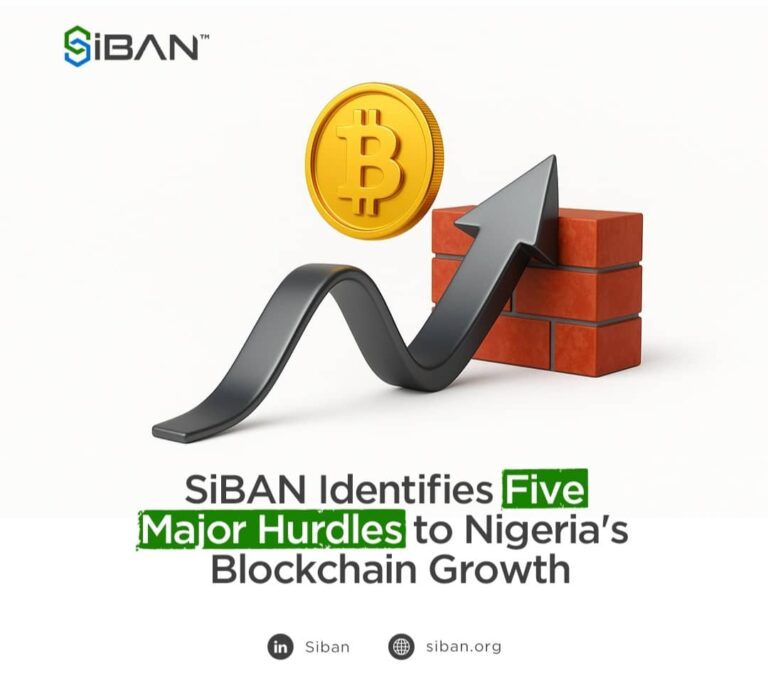The Stakeholders in Blockchain Technology Association of Nigeria (SiBAN) has identified five critical challenges it believes are significantly hindering the growth of the blockchain industry in Nigeria, and indeed across Africa.
Mr. Obinna Iwuno, President of SiBAN, highlighted these issues during a panel session at a recent event hosted by JeroidNG, themed “Navigating the Crypto Ecosystem: Challenges and Opportunities.”
The event, held at the Civic Center in Lagos, fostered discussions on the evolving digital asset landscape, providing insights into both the obstacles and promising aspects of the ecosystem. As a self-regulatory body, SiBAN’s participation underscored its dedication to cultivating a secure, inclusive, and forward-looking blockchain environment in Nigeria.
Iwuno detailed the following key challenges:
- Regulatory and Legal Uncertainty: The absence of clear regulations plagues many African countries, with some even having conflicting policies. Nigeria, for instance, has seen outright bans or restrictions by its central bank, stifling innovation and investment. Furthermore, stricter global Anti-Money Laundering (AML) and Know Your Customer (KYC) requirements impact local exchanges and startups, while the lack of definitive tax guidelines creates confusion for both users and businesses.
- Financial and Infrastructure Limitations: A significant portion of the population remains unbanked, limiting access to traditional fiat on-ramps and off-ramps for crypto. Poor integration between crypto platforms and local payment systems further compounds this issue. Additionally, the volatility of local currencies poses a challenge to the adoption of stablecoins due to inherent conversion risks.
- Education and Awareness Gaps: A widespread lack of understanding about blockchain technology among the general public and policymakers is a major hurdle. The prevalence of scams and Ponzi schemes in the past has eroded public trust in the crypto space. Moreover, there’s a noticeable shortage of skilled blockchain developers and limited initiatives for capacity building within the industry.
- Internet and Digital Infrastructure: Limited internet penetration, especially in rural and remote areas, restricts access to blockchain platforms. High data costs make regular use of crypto platforms expensive for many users, and unreliable power supply issues directly impact the feasibility of crypto mining and the operation of blockchain nodes.
- Access to Funding and Investment: The Nigerian blockchain and Web3 startup scene faces a scarcity of local venture capital participation. Furthermore, regulatory complexities and challenges with currency transfers act as significant deterrents for potential international venture capitalists.
SiBAN believes addressing these fundamental issues is crucial for unlocking the full potential of blockchain technology in Nigeria and fostering a robust and sustainable digital economy.



